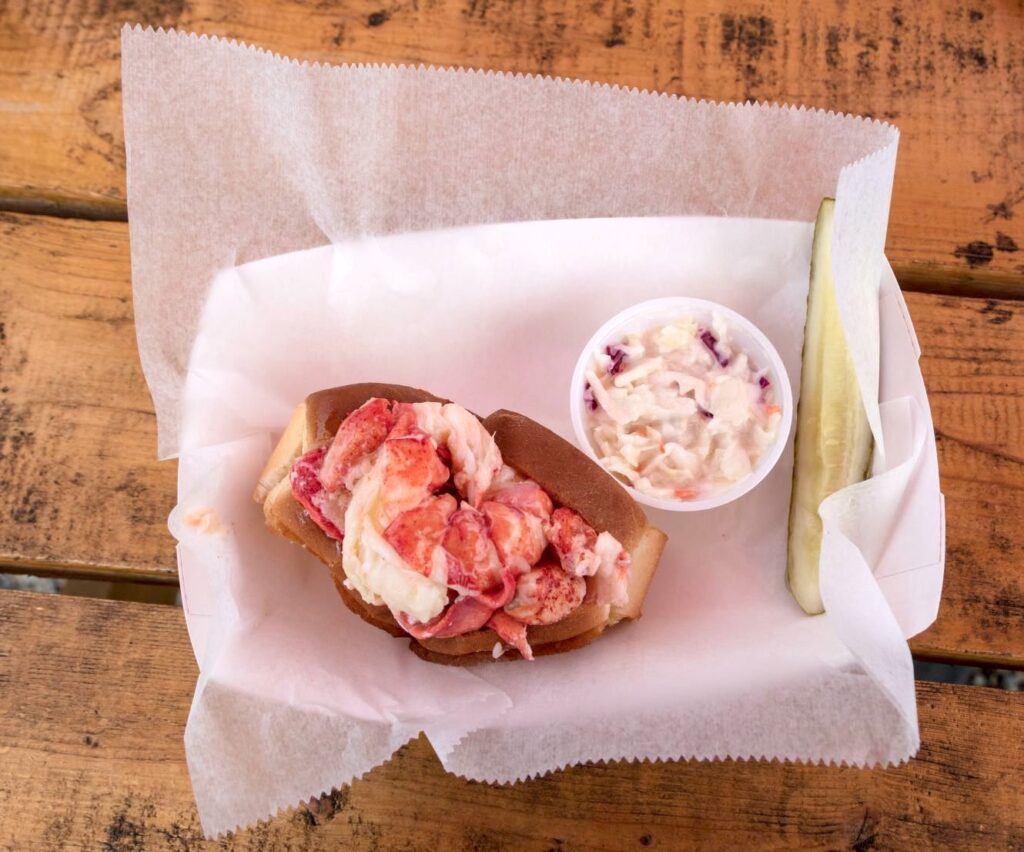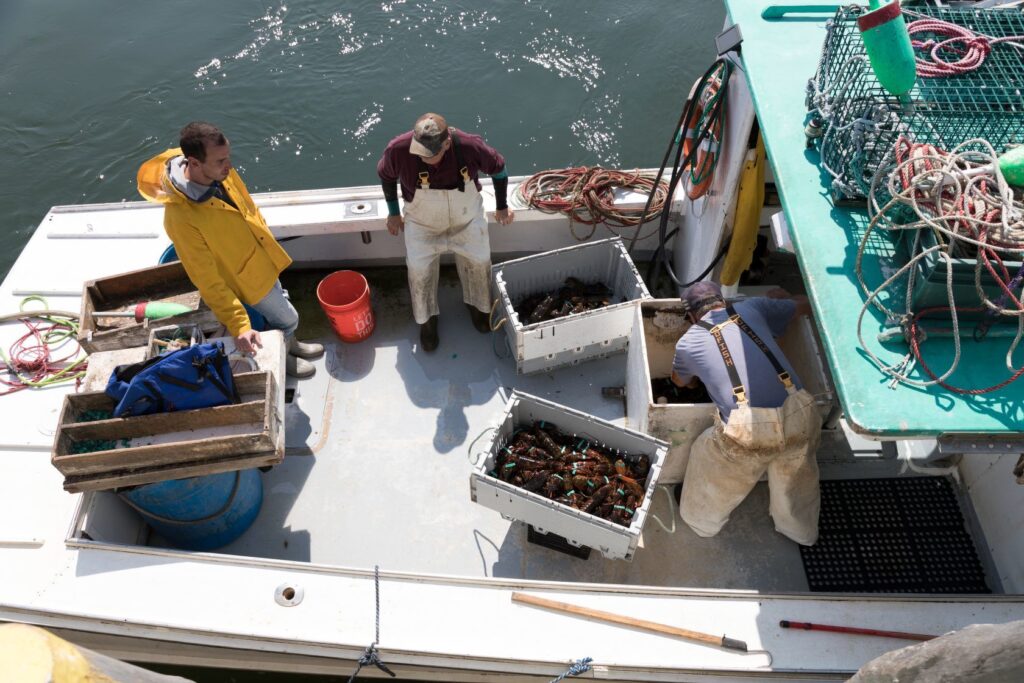Gastropod looks at food through the lens of science and history.
Co-hosts Cynthia Graber and Nicola Twilley serve up a brand new episode every two weeks.
Co-hosts Cynthia Graber and Nicola Twilley serve up a brand new episode every two weeks.

Photographs in Carol M. Highsmith's America Project in the Carol M. Highsmith Archive, Library of Congress, Prints and Photographs Division, 2017.

Trevor Corson is a writer, editor, and teacher who spent two years working full-time on commercial fishing boats before writing The Secret Life of Lobsters: How Fishermen and Scientists are Unraveling the Mysteries of our Favorite Crustacean, which is fantastic, and was rightly named a Best Nature Book of the Year by USA Today and Discover magazine.
Rick Wahle is a research professor and director of the Lobster Institute at the University of Maine. He studies the effect of the ocean’s environment on marine benthic populations. In 1989, Rick founded the American Lobster Settlement Index, which has been monitoring larval settlement as a predictor of future lobster populations.
Raouf Kilada is a marine scientist at the University of New Brunswick and the Suez Canal University in Egypt. His technique for identifying the age of a lobster using the teeth in its stomach has produced more accurate results than any previous model; he offers his services in "aquatic age determination" of lobster, crab, shrimp, and krill through his start-up, OceAge.
Alamgir Karim is a professor and director of the Materials Engineering Program at the University of Houston. His areas of interest and research include polymer nanotechnology of thin films, surfaces, and interfaces related to energy, sustainability, and human health. His lab is researching the development of bullet-proof coatings made from chitosan, a lobster shell byproduct.
Audrey Moores is an associate professor of chemistry at McGill University, where she researches nanoparticles and catalysis for green chemistry. Audrey has developed a new, cleaner way to create chitosan from lobster shells without toxic waste.